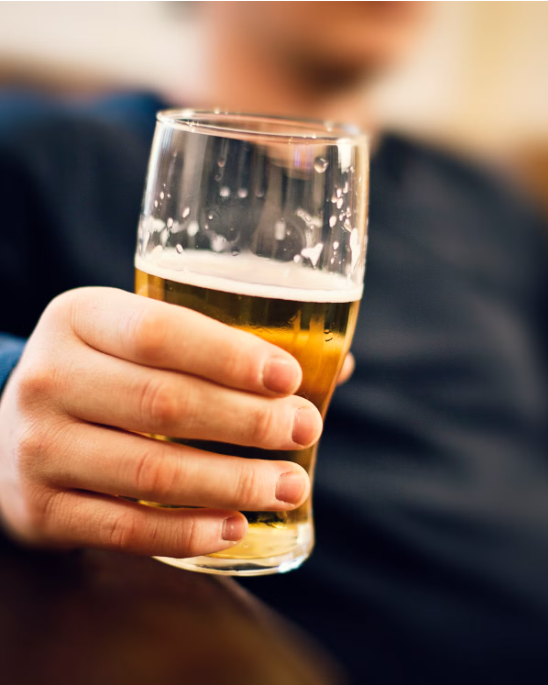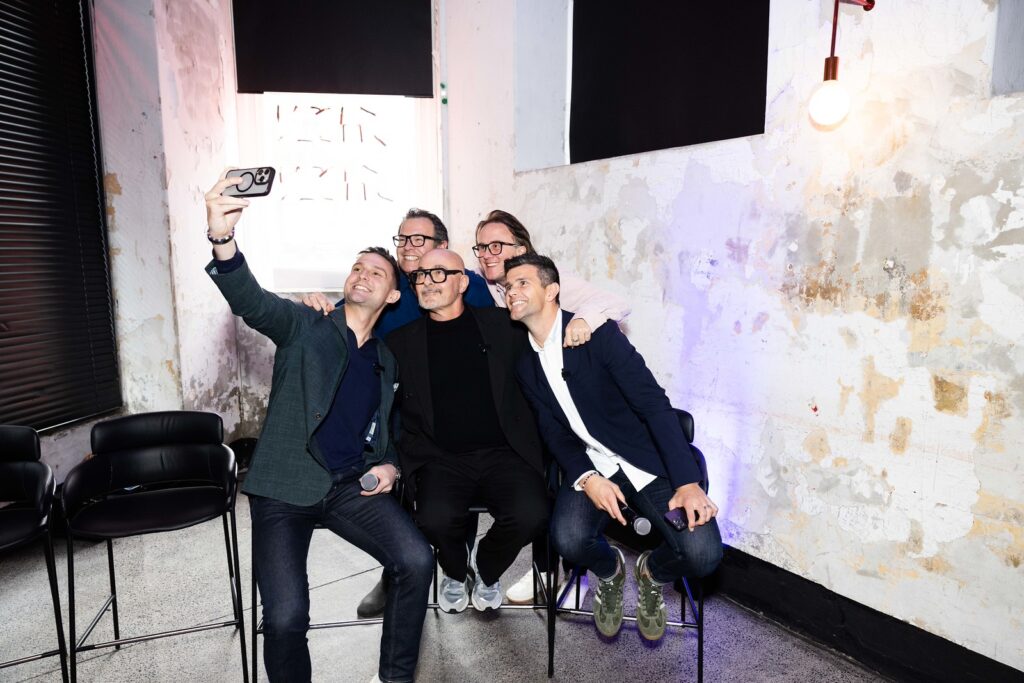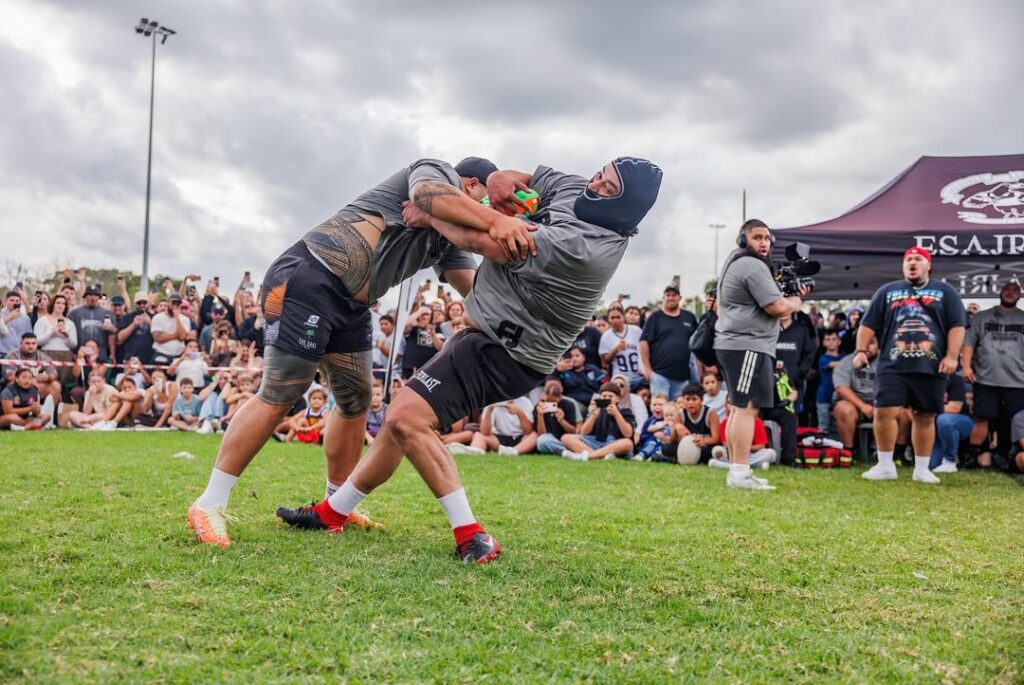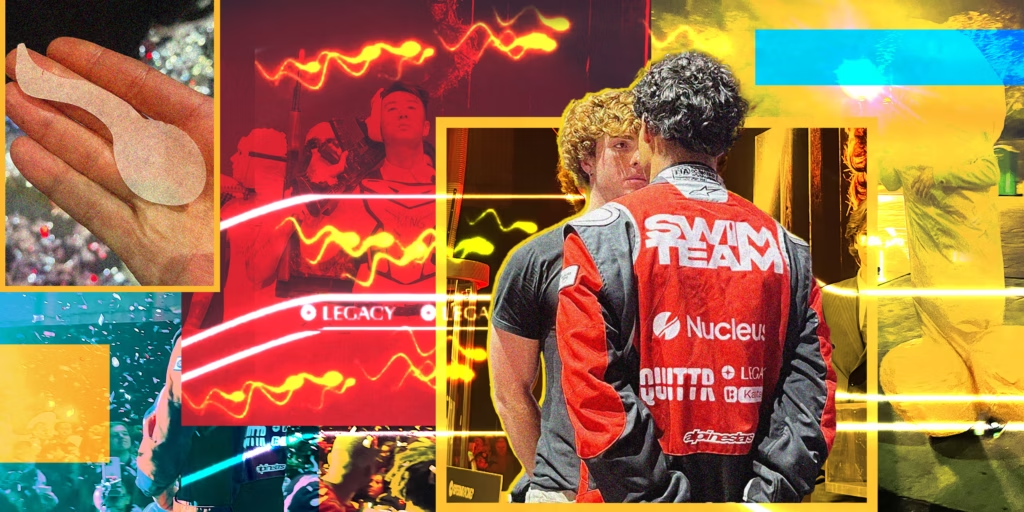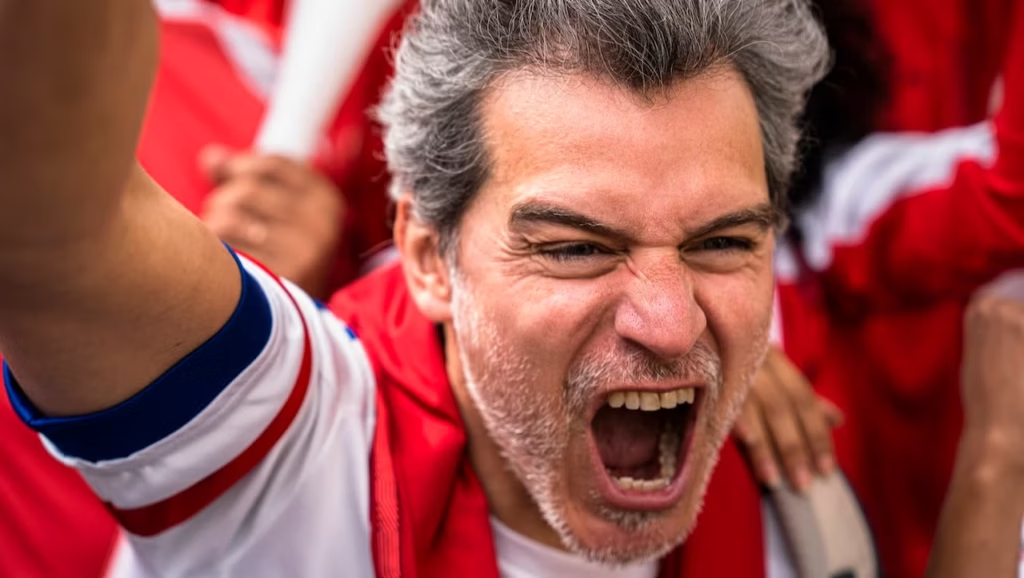THE SCOURGE OF violence in our homes and communities is predominantly driven by men’s behaviours and these behaviours fundamentally intersect with men’s health issues. Men in a positive state of mind, with meaning and connection in their lives, are less likely to revert to violence.
I can’t think of a little boy in this country who ever imagined he would grow up to hurt those he cares about most. That’s why targeting these violent behaviours through a men’s health and wellbeing lens presents a vital and largely untapped approach to violence prevention. It’s a message I brought to the NSW Government after the Bondi Junction attack and one I’ll be taking to share at the crisis roundtable being convened this week in Canberra.
This is a missing angle in the conversation, and while some think it’s finding an excuse for men’s behaviour, that couldn’t be further from the truth. It’s a solution, and a much needed one. Seeking to further understand the drivers and risk factors of violence and finally start to actively engage men in a way that talks with them as change makers with skin in the game, is a moral imperative if we are to turn the tide.
We need to understand the rates of childhood maltreatment and trauma in boys and men. Those who grow up in domestically violent households are around four times more likely to perpetuate violence than those who don’t. Australian data estimates that over a third of domestic and family violence involved perpetrators drinking alcohol. Men’s suicidality is also a significant risk factor for intimate partner homicide. If you then add the impact of the porn and gambling industries in men’s lives, a stark picture appears.
These are typically not happy men. These are key forces undoing any progress we might be making on gender equality, and they are inextricably tied to men’s health and wellbeing. For years we’ve been overlooking the profound impact of men’s lived experience on violence perpetration, but if we don’t seek to understand what is going on for them, nothing will change.
In my clinical practice, men I talk to often explain that they feel blamed for the actions of others, for things they have never, and would never do. My response to them is that you don’t need to be part of the problem to be an active part of the solution. That’s where we need to get to. It’s an opportunity for growth and self-betterment. Looking after yourself, checking in on your mates, being active and present in the lives of your children and loved ones – these actions improve health outcomes for men and contribute to women and girls feeling safer.
Instead of fixating on the wall-to-wall coverage of this crisis, we need to listen, amplify the voices of women, and get our arses into gear to realise what we can do in our own lives, to safeguard our own wellbeing and that of those we love most. Healthier men mean a healthier world for all.
There are millions of men and boys who would never consider harming their partner or families. There are incredible fathers, sons and brothers who would do anything to keep them safe and show nothing but care and compassion. They live on every street in every suburb across the country. As the majority, we need to feel part of the solution, we need to feel empowered to pick up the proverbial shovel and start digging.
I’m writing this, to encourage you to gather some courage to have those hard conversations with your mates you’re worried about – especially those who seem to be in freefall, reverting to their vices more than they have in the past. Taking action looks like lifting up your mates struggling to live healthily while being bombarded by social media, gambling ads, and alcohol in their daily lives. Taking action also looks like joining forces with advocates tackling these harmful, billion-dollar industries profiting off our collective misery. Most importantly, taking action means listening to and showing up for those who have experienced trauma or violence, ensuring they are not alone, to feel seen and understood, allowing them to choose healing over hurting.
Rallying for justice, for fairness, for the sake of the people we love, is built into men’s social DNA. But it’s important we realise that in advocating for the safety of the women and girls in our lives, we are actually also rallying for our own wellbeing, our own desire to live out our dreams as boys of being good, honourable, kind men. This is the bedrock of healthy masculinity.
So many guys tell me they feel like they don’t have purpose or meaning in their lives, that everything feels hopeless and they can’t seem to connect with others. Well, here is your opportunity to tap into something bigger than you. Let’s get marching men.
Related:
8 Behaviours That Might Be Precursors To Domestic Violence
Why Control Is A Slippery Slope Into Violence When It Comes To Relationships








